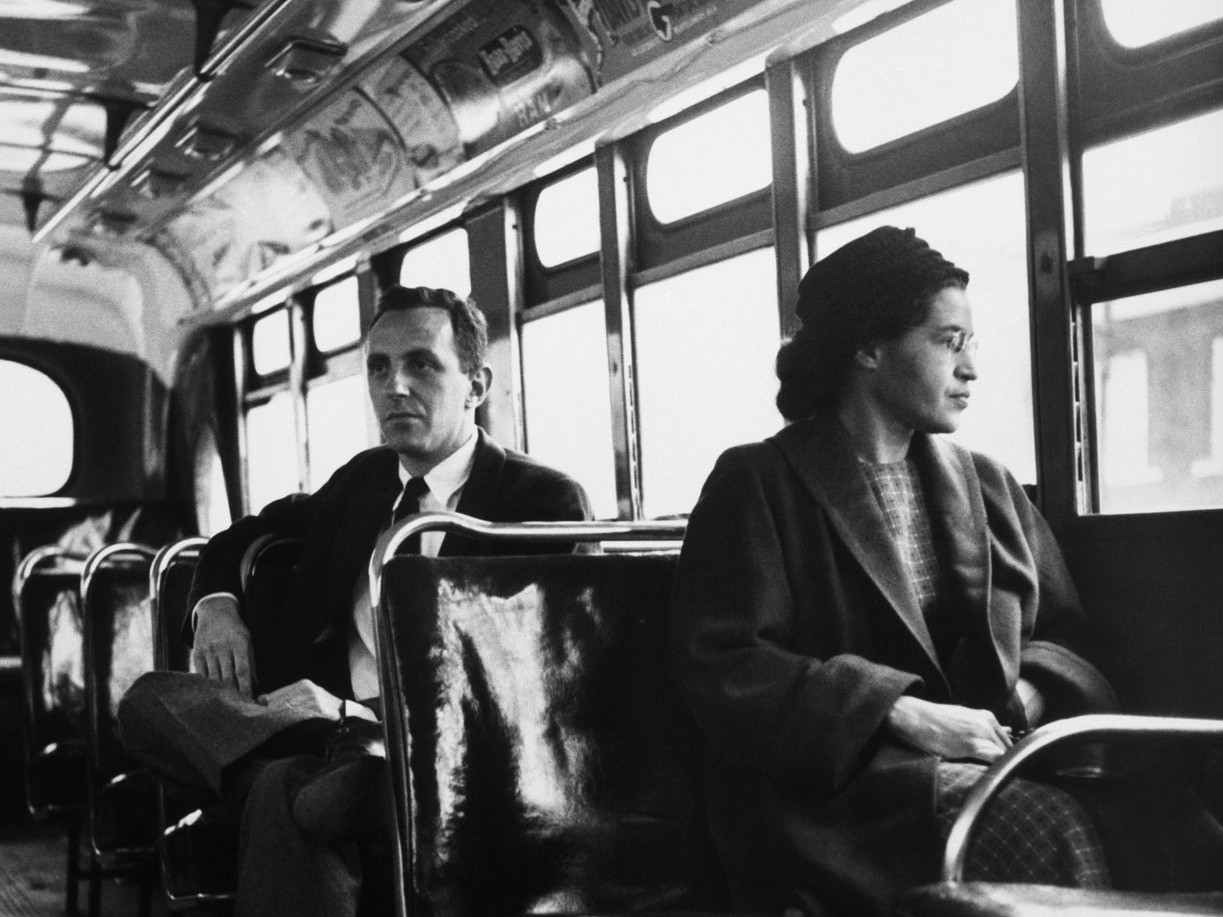Prompt: In his 1946 essay "Politics and the English Language", Orwell describes the English language by saying: "It becomes ugly and inaccurate because our thoughts are foolish, but the slovenliness of our language makes it easier for us to have foolish thoughts". Using at least three sources from this Conversation, explain whether you believe Orwell's statement is true today.
Language itself grows in complexity with the person; infants speak with slobbering gobbledygook whereas an educated elder generally has a more refined lexicon. However, even with urbane vocabulary, it seems that most of the time, speakers of the English language fail to properly assert their thoughts and emotions accurately. According to Orwell, the issue does not necessarily lie within the man's capability to conjoin the individual jigsaw pieces that form the sentence, but rather is rooted within slipshod nature of the English language itself, saying: "It becomes ugly and inaccurate because our thoughts are foolish, but the slovenliness of our language makes it easier for us to have foolish thoughts."But before creating bias towards this statement's validity, it's imperative that the reader deconstructs the line to understand Orwell's true claim. Orwell's quotation easily can broken into two independent clauses: "[the English language] becomes ugly and inaccurate because our thoughts are foolish", and "the slovenliness of our language makes it easier for us to have foolish thoughts."
The first bit, "[the English language] becomes ugly and inaccurate because our thoughts are foolish", states that the "ugl[iness]" and inaccura[cies}" of English are derived from the foolish thoughts that a man creates. An example of this would be "name calling"--"giving 'bad names' to those individuals, groups...that [the propagandist] would have [his audience] condemn and reject" (Name Calling 757). In essence, the propagandist can manipulate language to ostracize a certain individual or group by painting them as a inaccurate negative stereotype. And why does he do this then? What does he even accomplish? Well, there is no real reason beyond emotional impulsive action; as Orwell stated, the propagandists' "thoughts" when boiled down to the core are "foolish". However, the improper usage of English is not only limited to negativity, but it can also be used as a show of politeness and civility. Pinker, explores this in his essay, Words Don't Mean What They Mean", by posing a candid epiphany: "Why don't people just say what they mean?" (Pinker 746). He expands of this single thought, explaining that at the dinner table, although you just want the damn salt, you use a "whimperative" and ask if your kind dinner-neighbor if he "could pass the salt" (746). The answer to the question is obvious (yes, your neighbor can pass the damn salt), so it--blatantly--is "foolish". Asking the question is also "inaccurate"; you know very well he can pass the salt.
The second constituent, "the slovenliness of our language makes it easier for us to have foolish thoughts." On the surface of the language, it is understandable as to why Orwell made such a bold claim. Yes, the English language appears biased toward the male population--words such as "mankind", "hu-man", "wo-man" (The Word Police), and that can be considered "slovenliness" (the creators of the language were too lazy to draw up female counterparts--oh but wait, even fe-male is biased towards males). However, this male dominated language, does properly reflect the nature of society both presently and historically. Masculinity itself is associated with Power, and Strength, and Capibility, whereas delicate, beautiful and docile are traits tied to femininity. 'But Author, isn't it because the English language reflected Men governing that Men fell into power?' Sadly, no, my dear reader. The general public believes that people created communication. So if people created communication as a tool, there isn't any real logical possibility that the language came before Man.



